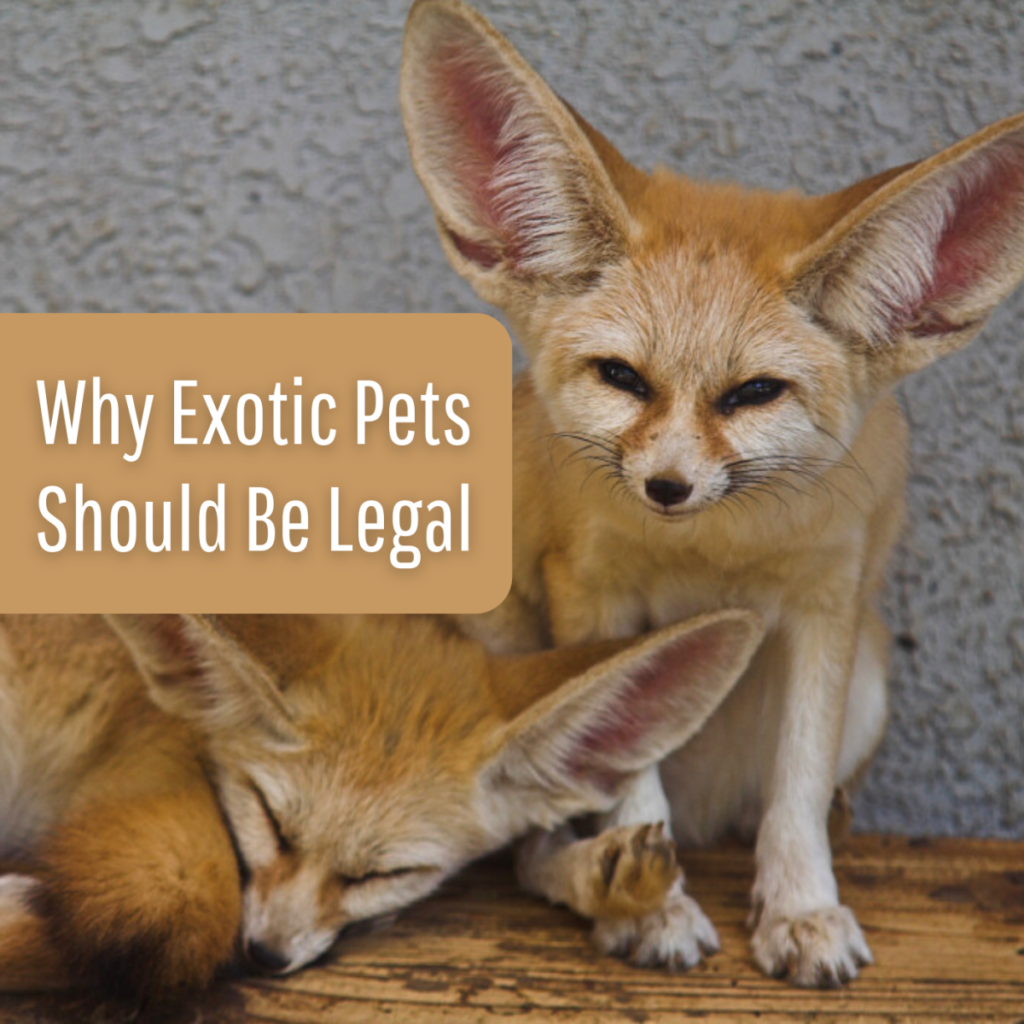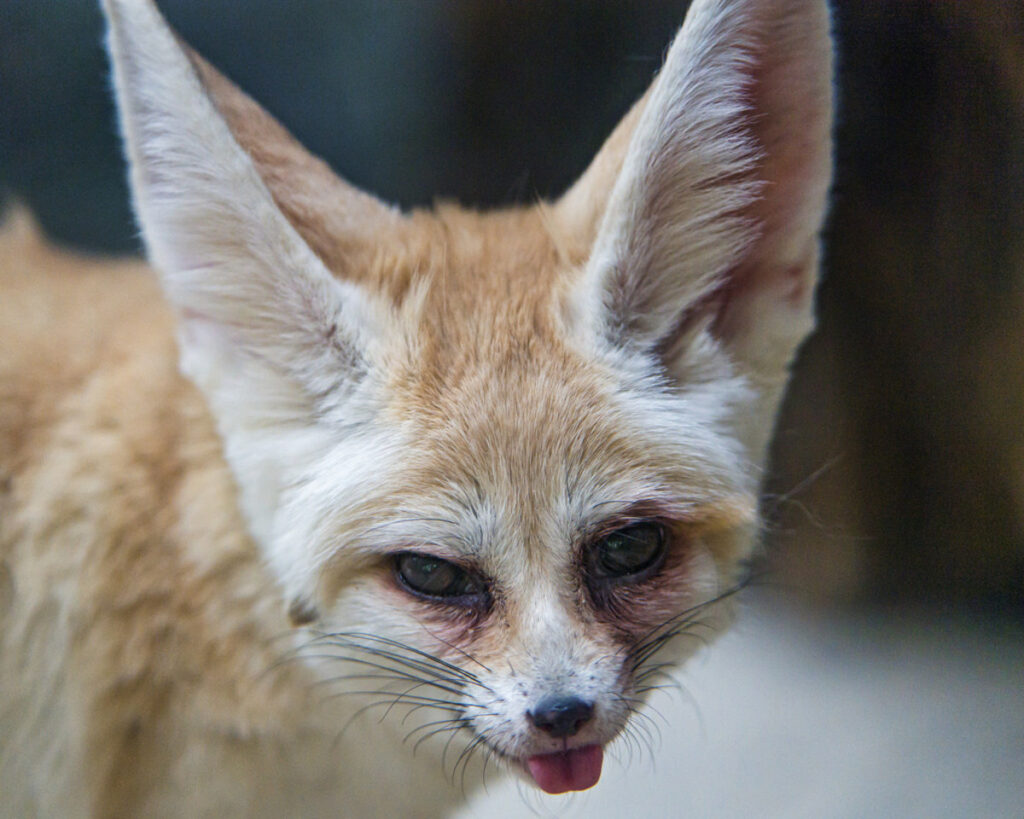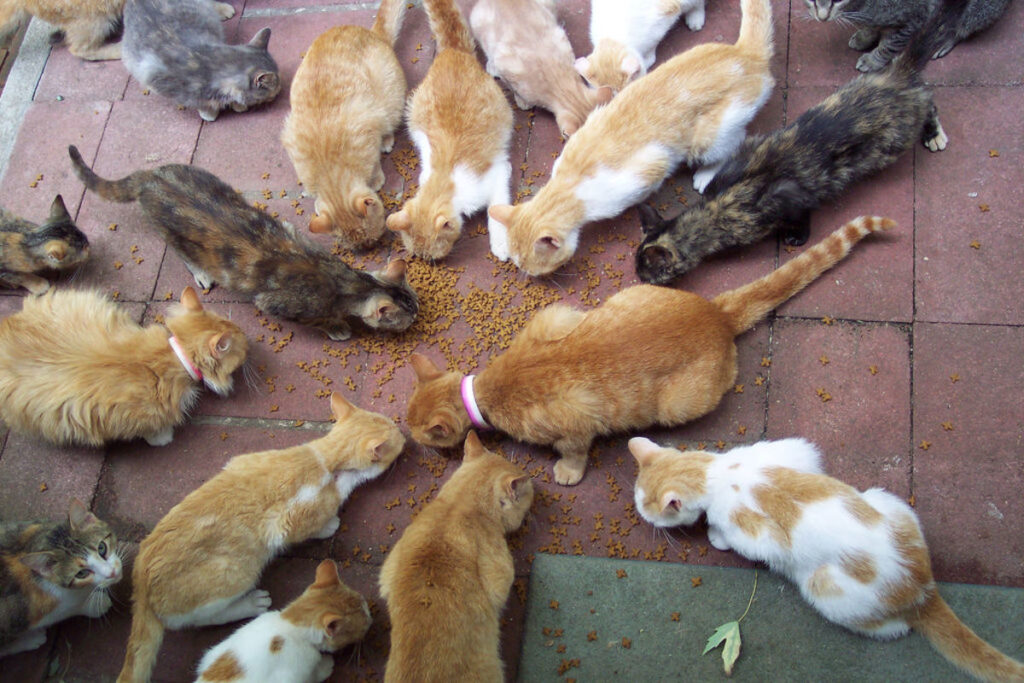
So you’ve always dreamed of owning an exotic pet, something out of the ordinary to set you apart from the crowd. But have you ever stopped to think about the potential risks and dangers that come with it? In this eye-opening article, we explore ten compelling reasons why owning exotic pets should be illegal. From threats to biodiversity and public safety concerns to the ethical implications of wild animal captivity, this thought-provoking piece will make you reconsider your desire for that extravagant pet.
Risk to Human Health
Transmission of zoonotic diseases
Having an exotic pet poses a significant risk to human health due to the potential transmission of zoonotic diseases. These diseases, such as Salmonella and Monkeypox, can be contracted by close contact with the animal or by exposure to their feces. Exotic animals often carry specific pathogens that are not commonly found in domesticated animals, increasing the likelihood of humans contracting these illnesses.
Allergic reactions to exotic pets
Exotic pets, with their unique fur, feathers, or scales, can trigger severe allergic reactions in individuals who are sensitized to these specific allergens. Allergies to these animals’ dander, saliva, or urine can cause symptoms ranging from mild irritation to life-threatening anaphylaxis. This risk further highlights the potential health dangers of keeping exotic pets.
Potential for animal attacks
While many exotic pets may seem cute or docile at first glance, it is crucial to remember that they are still wild animals with inherent instincts. These animals, such as big cats or venomous snakes, may exhibit aggression or unpredictable behavior, leading to potential attacks on their owners or others. Even animals perceived to be less dangerous, like monkeys or birds, can cause serious injury when they feel threatened or stressed.
Negative Impact on Animal Welfare
Exotic pets’ specific needs are often unmet
Exotic animals have specialized dietary, environmental, and social needs that can be challenging to meet in a domestic setting. Their natural habitats, diets, and behaviors are vastly different from what can be provided within the confines of a home. Often, exotic pets are unable to access the conditions required for their overall well-being, leading to suboptimal health, stress, and decreased lifespan.
Risk of stress and behavioral problems in exotic pets
Exotic animals are not accustomed to living in captivity, and the drastic change in their living conditions can cause significant stress and behavioral problems. Common issues include self-harm, excessive pacing or aggression, anxiety, and depression. These behaviors often stem from the inability to fulfill their instinctual needs and can result in the animal’s suffering and diminished quality of life.
Early separation from the wild and natural habitats
The exotic pet trade often involves capturing animals from their natural habitats at a young age, causing them to be prematurely separated from their families and natural social structures. This separation can result in severe emotional distress and can permanently disrupt their development. These animals require complex social interactions and natural environments to thrive, both of which are difficult to replicate in captivity.

This image is property of images.saymedia-content.com.
Threat to Local Biodiversity
Introduction of invasive species
The ownership of exotic pets increases the risk of introducing invasive species into new environments. When exotic animals escape or are released into the wild, they can establish breeding populations and outcompete native species for resources. This disrupts the delicate balance of local ecosystems and threatens the survival of indigenous animals and plants.
Spread of diseases to native species
Exotic pets, particularly those imported illegally, often harbor diseases that may be harmless to them but potentially devastating to native species. When these diseases are transmitted to local wildlife, they can cause widespread illness, population decline, and even extinctions. Protecting native species from the introduction of diseases should be a priority to maintain the integrity of ecosystems.
Disruption of local ecosystems
Exotic pets can negatively impact local ecosystems by altering food chains, damaging habitats, and competing with native species for limited resources. These disruptions can have cascading effects throughout the entire ecosystem, leading to imbalances that have far-reaching consequences on biodiversity. The preservation of local ecosystems is crucial for promoting a healthy and sustainable environment.
Illegal Wildlife Trade
Contribution to illegal pet trade
The demand for exotic pets fuels the illegal wildlife trade, which is a multibillion-dollar industry. This trade involves the illegal capture or breeding of wild animals and their subsequent sale as pets. Supporting this industry not only promotes animal cruelty but also encourages the exploitation and depletion of already vulnerable species in their natural habitats.
Involvement in wildlife smuggling
The illegal wildlife trade also encompasses the smuggling of exotic animals across borders, further endangering biodiversity and compromising global conservation efforts. Smuggled animals endure traumatic transportation conditions, often resulting in injury or death. This illicit trade undermines international laws and regulations aimed at protecting wildlife and their habitats.
Impact on declining animal populations
Many exotic species coveted as pets are already in decline due to habitat loss, poaching, and other human-related activities. The capture and trade of these animals exacerbate their dwindling numbers, pushing endangered species further towards extinction. Unregulated ownership of these animals contributes to their decline, making it imperative to ban the trade and possession of exotic pets.

This image is property of images.saymedia-content.com.
Potential for Animal Abandonment
Unmanageability leading to pet release
Exotic pets often grow larger, live longer, or require more specialized care than their owners anticipate, making them unmanageable as pets. The challenges of caring for these animals can lead to their abandonment, either by release into the wild or surrender to rescue organizations. Releasing exotic pets into non-native habitats can have devastating consequences for local wildlife populations and ecosystem equilibrium.
Overpopulation of non-native species in local environments
The release of exotic pets and their subsequent establishment in non-native environments can result in overpopulation of these species. These non-native populations may lack predators or natural controls, leading to ecological imbalances and an overcrowding of local resources. This overpopulation threatens both indigenous wildlife and the health of the environments they inhabit.
Issues related to animal care abilities
Exotic pets have specific care requirements that often go beyond the capabilities and knowledge of the average pet owner. The lack of understanding and resources necessary to adequately care for these animals can result in their neglect or mistreatment. The welfare of these animals must take precedence over human desires to possess them as pets.
Impact on Conservation Efforts
Undermining of species recovery programs
Exotic pet ownership can undermine species recovery programs by depleting already vulnerable populations. In many cases, captive breeding programs aim to reintroduce endangered species into their natural habitats. However, the continued demand for these animals in the pet trade often leads to the illegal harvesting of individuals from the wild, diminishing the effectiveness of conservation efforts.
Illegal trade hampering conservation efforts
The illegal pet trade diverts resources and attention away from legitimate conservation efforts that focus on protecting habitats and preserving species. The high demand for exotic pets fuels criminal activity, diverting funds and manpower that could be better utilized for conservation research, habitat restoration, and species protection initiatives.
Misdirected resources due to exotic pet owner demands
Exotic pet owners often demand resources, such as exotic veterinary care and specialized facilities, that could be better allocated to conservation projects, habitat preservation, and protecting endangered species in the wild. These resources could make a significant difference in maintaining biodiversity and combating the ongoing loss of wildlife, which should take precedence over catering to individual pet ownership desires.

This image is property of images.saymedia-content.com.
Lack of Regulation and Inspections
Inadequate pet shop regulation
The sale of exotic pets is often inadequately regulated, allowing for the widespread availability of animals that are ill-suited for domestication. Many pet shops lack proper care guidelines, ethical sourcing regulation, and education for potential pet owners. This lack of regulation exacerbates the risks associated with exotic pet ownership and contributes to the mistreatment and suffering of these animals.
Difficulties in monitoring exotic pet health
Exotic pets often require specialized veterinary care that is not readily available or easily accessible. Veterinarians specializing in exotic pet care are scarce, making it challenging to ensure that these animals receive proper medical attention. This lack of monitoring and treatment increases the risk of undetected illnesses or injuries in exotic pets, compromising their health and well-being.
Lack of veterinarian expertise for exotic pets
The knowledge and expertise required to effectively care for exotic animals are often limited within the veterinary field. Treating these animals appropriately necessitates a deep understanding of their unique medical needs, behavior, and physiology. Unfortunately, the shortage of veterinarians with this specialization poses a significant challenge to providing proper healthcare and support for exotic pets.
Difficulty of Providing Appropriate Diet and Environment
Nutritional deficiencies in captive exotic pets
Exotic pets often require highly specific diets that can be challenging to replicate in captivity. Lack of access to their essential dietary components can lead to nutritional deficiencies, impacting the animal’s overall health and welfare. These deficiencies can manifest as physical ailments, weakened immune systems, and compromised reproductive capabilities.
Unsuitability of captivity for certain species
Numerous exotic animals are simply not suitable for captivity due to their complex social structures, vast habitats, or unique physical behaviors. No matter how well-intentioned the owner, it is virtually impossible to provide the necessary environment to meet the species’ natural instincts. The confinement of these animals in unnatural living conditions is inherently cruel and detrimental to their overall well-being.
Impracticality of replicating natural habitats
Recreating a suitable natural habitat for exotic pets can be logistically and financially challenging. Providing adequate space, temperature regulation, humidity levels, and other necessary elements of their natural environment is difficult to achieve within a domestic setting. The inability to replicate these environments can lead to stress, health problems, and ultimately compromise the welfare of these animals.

This image is property of images.saymedia-content.com.
Public Safety Concerns
Danger of large, aggressive pets
Certain exotic pets, such as large carnivores like lions or bears, possess the physical capabilities to inflict severe harm or even death on humans. Even smaller animals can become aggressive or display unpredictable behaviors that pose a risk to their owners and others. Public safety must always be a priority, and preventing potential harm is crucial in considering the legality of owning exotic pets.
Potential for pet escape and community harm
The escape of exotic pets from their owners’ homes or enclosures can have dire consequences. Exotic animals may pose risks to neighboring communities, both in terms of personal safety and the transmission of diseases. These escapes can lead to injuries, property damage, and the unnecessary destruction of animals that are deemed threats to public safety.
Limited local resources for managing exotic pet incidents
Many communities lack the appropriate infrastructure, resources, and expertise required to handle incidents involving exotic pets. Local authorities may not have the means to safely capture or deal with escaped or abandoned animals. This lack of preparedness increases the risks associated with exotic pet ownership and further justifies the need for strict regulations and laws.
Ethical and Moral Reasons
Imprisonment of wild animals for human entertainment
Keeping wild animals as pets fundamentally violates principles of ethical treatment and respect for the inherent value and autonomy of these animals. By confining them for human entertainment and companionship, we deny them the opportunity to live freely and exhibit their natural behaviors. This imprisonment infringes upon their basic rights and undermines their welfare.
Ethical implications of breeding practices
The breeding of exotic animals for the pet trade raises significant ethical concerns. Breeding practices often prioritize profit over the well-being of the animals, leading to overbreeding, genetic defects, and unhealthy individuals. In addition, the removal of animals from their natural environments for breeding purposes disrupts ecosystems and threatens wild populations.
Question of human rights to own exotic animals
While individuals may argue that it is their right to own any animal they choose, the welfare and well-being of the animals must be the primary consideration. Owning exotic animals is not a fundamental human right, and it is important to recognize that our rights as humans should not supersede the welfare and conservation of other species. It is our responsibility to protect and preserve wildlife, not exploit them for personal satisfaction.
In conclusion, there are numerous compelling reasons why the ownership of exotic pets should be illegal. From the risks to human health to the negative impact on animal welfare and local biodiversity, the dangers and ethical concerns associated with owning these animals far outweigh any perceived benefits. It is essential for laws and regulations to be implemented and enforced to protect both humans and animals from the consequences of exotic pet ownership. By promoting conservation, respecting animal welfare, and prioritizing public safety, we can work towards a future in which exotic animals are admired from a distance, in their natural habitats, rather than confined as pets in our homes.






